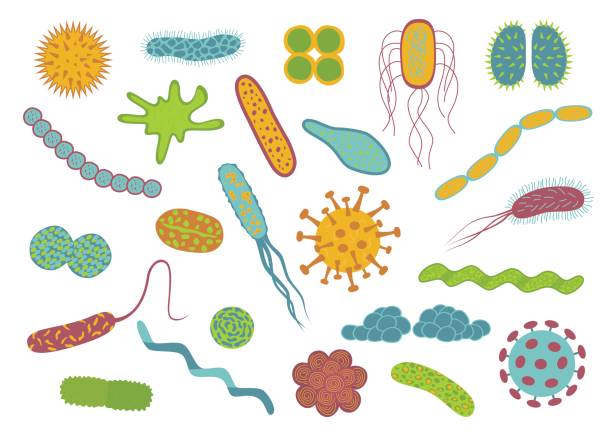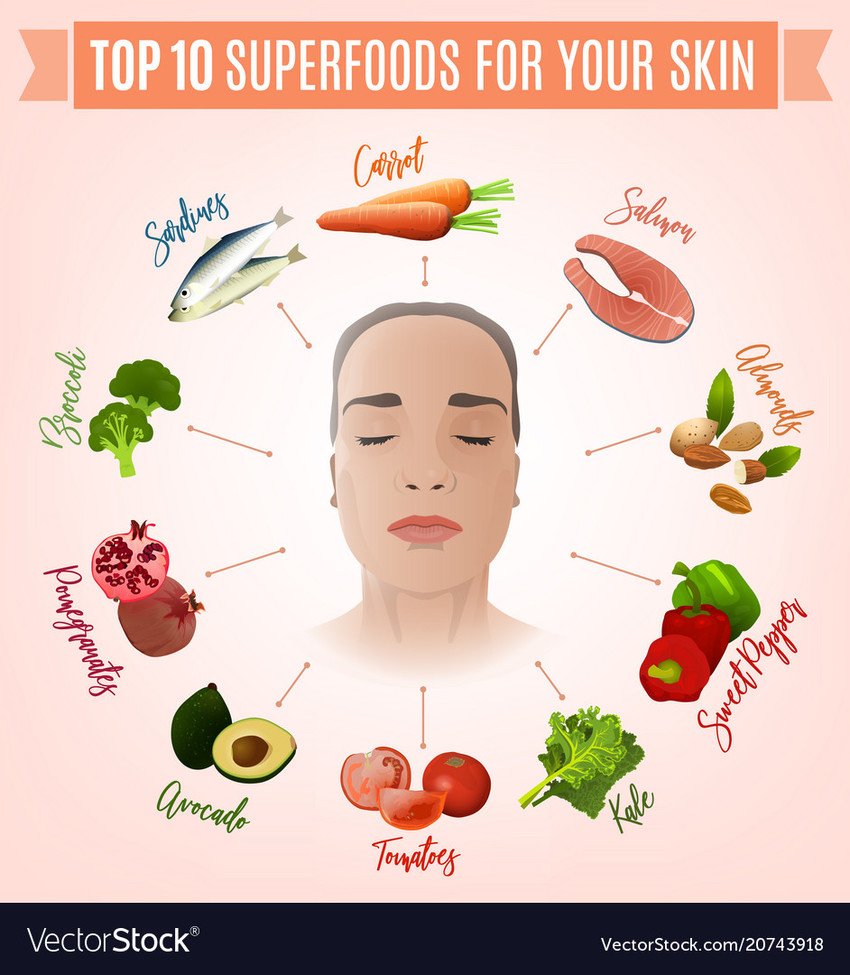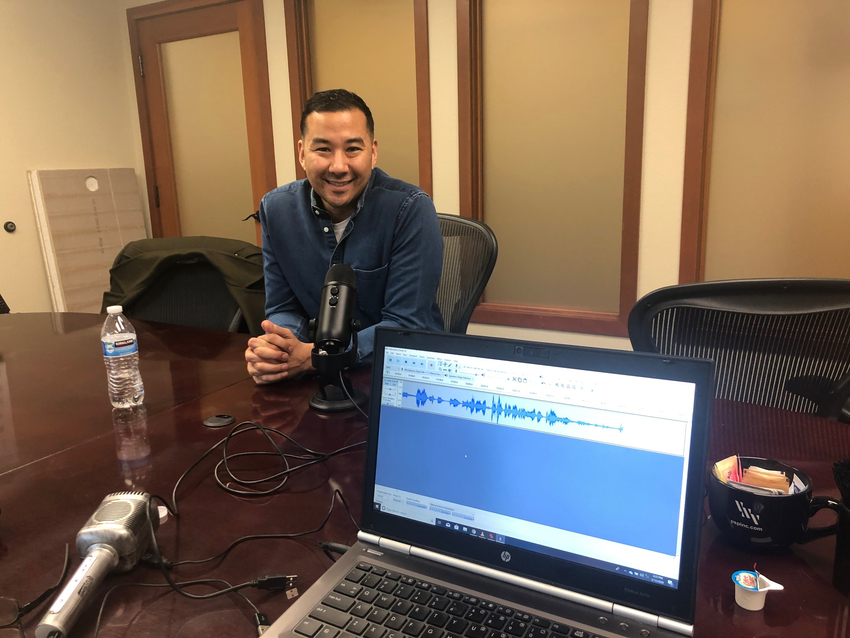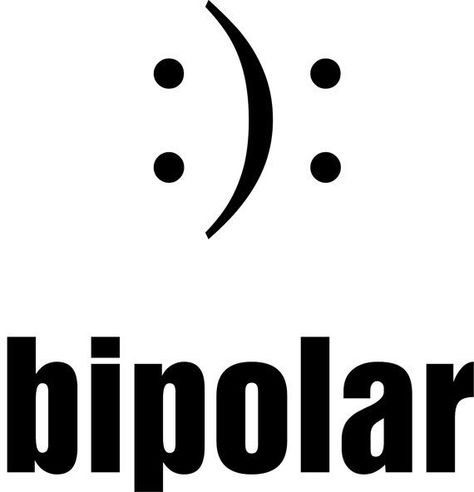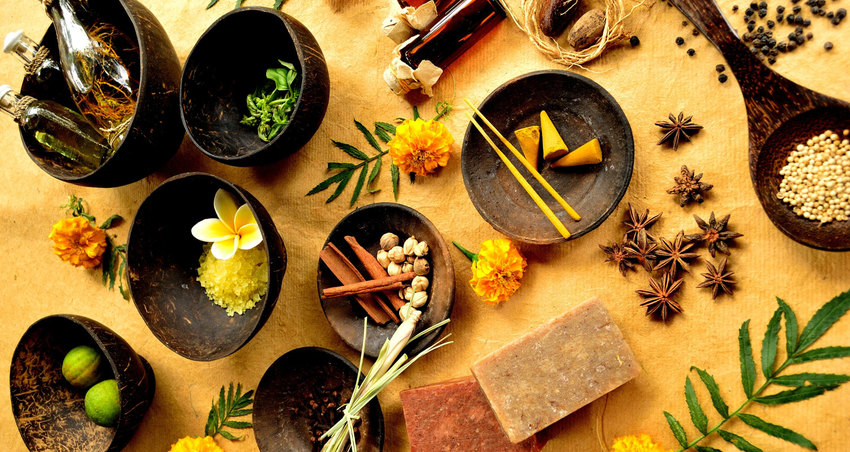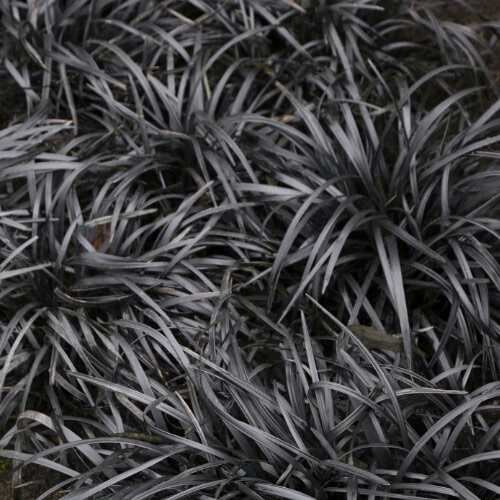Holobiome & Viome - "Microbiomes Intimate Role in Every Human Disease”
May
9
In an early interview by Herbsprout writer Chris Kenji Beer, Viome's CEO Naveen Jain takes us into a deeper understanding of the role of microbiomes to our health. “Every single chronic disease that we know of -- from Parkinson’s, Alzheimer’s, autism, depression, anxiety, obesity, autoimmune diseases, cancer-- every single one of these diseases have one thing in common, chronic inflammation. Every one of them is caused by microbiome. Think about this. Every one of these diseases is caused by microbiomes. And every time we take antibiotics we are killing those microbiomes.”
“A lot of people are saying ‘I know about microbiomes, what is so unique about it?’ The change is we not only know what is inside our gut, we are able to know exactly what they are doing.”
THE RNA - TRANSCRIPTOME TESTING
How do we know? “The latest wave (of Microbiome testing) is transcriptome. The transcriptome testing approach looks at the RNA and analyzes what the RNA of microbiomes are doing. The popular ‘16S sequencing’ of microbiomes testing is a twenty year old technology and is not able to do this.”
“What if you can find out exactly what is going on (inside the RNA of microbiomes)? What if you know what vitamins they are producing? What if you knew which specific compounds they are producing that cause inflammation? And from this data, what if you were able to figure out which specific content and combinations of food can actually address these inflammations more effectively than any prescription drugs we have available today?” asserts Jain.
Given the lag in treatments particularly for mental health treatments, Holobiome proposes to source and find microbe -based solutions to these ailments, or "psychobiotics". What if Holobiome and Viome are at the beginning of a new trend in health care where startups like Holobiome are among hundreds of companies focused on finding and deploying microbe- based solutions, gut bacteria treatments for different human diseases?
See article on Holobiome, https://www.sciencemag.org/news/2020/05/meet-psychobiome-gut-bacteria-may-alter-how-you-think-feel-and-act ; and Viome http://Viome.com .


